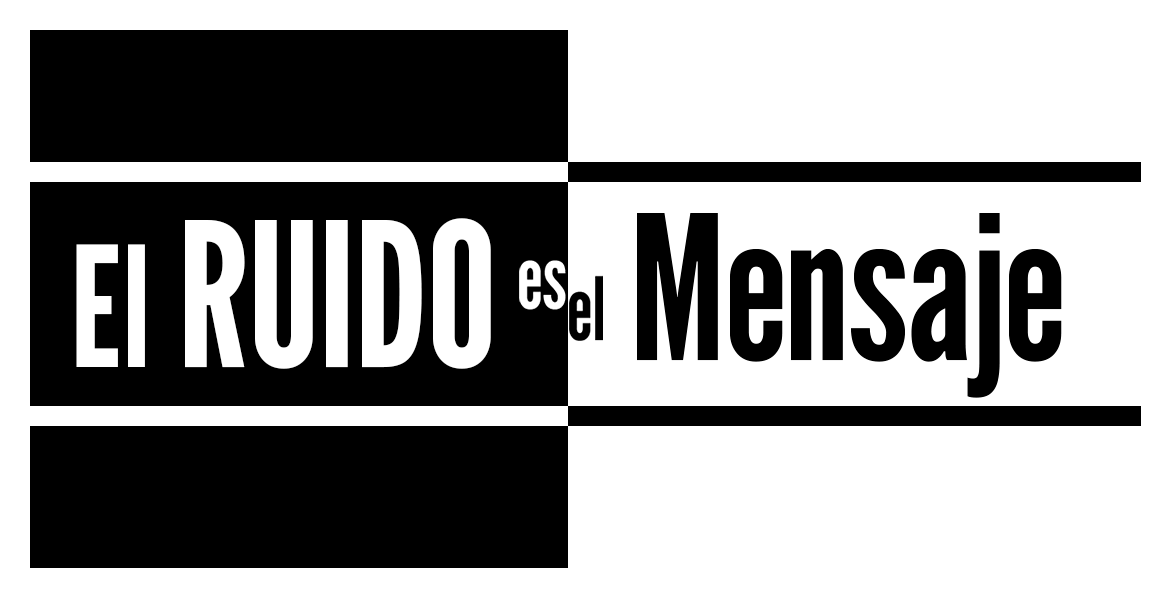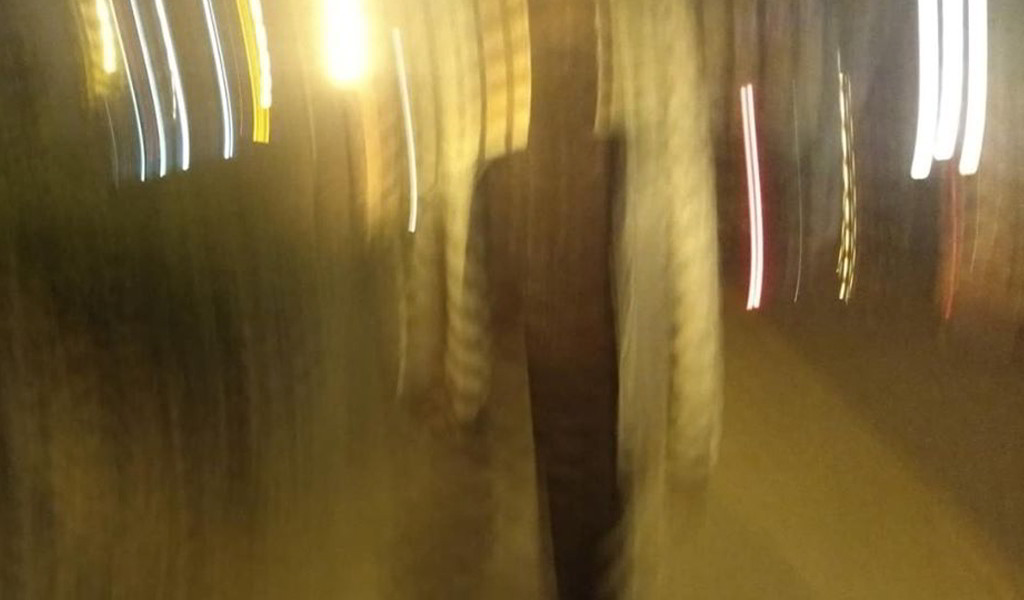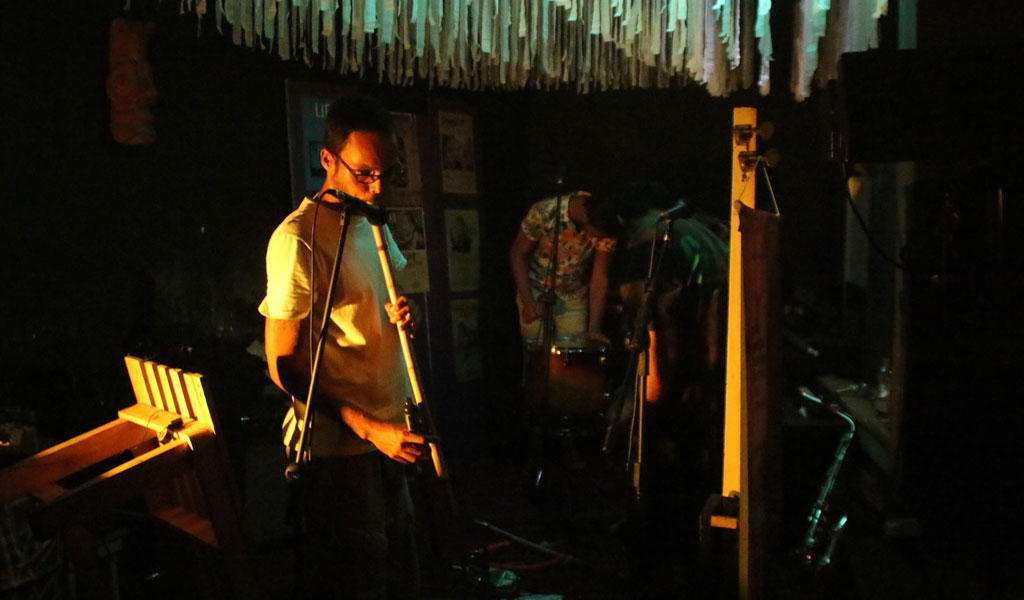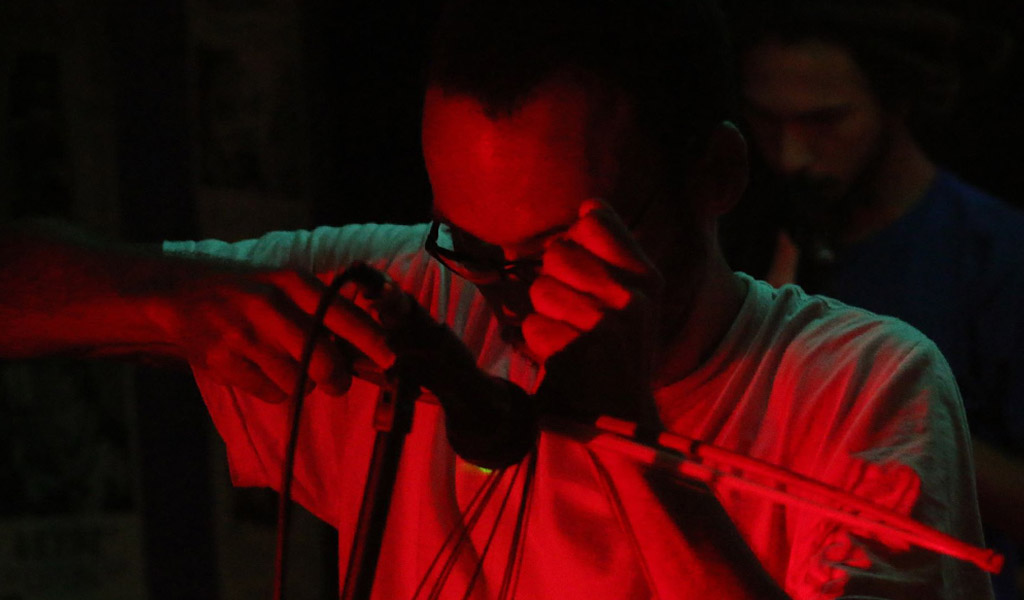| ARTIST: | BUSHIDO | |
| WEB: | Bandcamp | |
| WORK: | HARAKIRI | |
| PLUS: | No | |
| FORMAT: | Digital | |
| LABEL: | HAMFUGGI Records | |
| RELEASE: | Marzo, 2020 | |
| COWNTRY: | Brasil, Mundial | |
The review of this entry is about a project that caught my attention more because of its name and image, than because of what I later heard.
Andrei Junquilho is a native of Brazil, precisely from Salvador de Bahia and is a complete part of both the endo and exo, of BUSHIDO. The name of the reviewed album is Harakiri and it was released by the label HAMFUGGI Records.
- I built the album in a very simple way, I thought about ending the BUSHIDO project, and I wanted this album to be the last one composed in that project (BUSHIDO).
Bushido, for those who do not know or have doubts, is the code of the samurai warrior of imperial Japan, an ethical code that demanded loyalty and honor until death, that did not contemplate buts or doubts and that to us Westerners may seem picturesque and somewhat extreme, but without a doubt, it is a cultural aspect as profound as the nation that exalts it.
For Andrei, the approach to this work followed the same logic of the warrior, it was more about thinking of the name first and then making the record, a way of ending his work in that context.
- As we know BUSHIDO is the way of the warrior. I wanted to make a connection between Japan, the way of the warrior and the end. And the end for a warrior was to take his own life, for the samurai of feudal Japan. A ritualistic act. My first album with BUSHIDO is called Seppuko, so this one (Harakiri) would close the cycle. The same name, but with a western variation.
Yes, Seppuku and Harakiri are the same, the difference lies in the elementality of the language and its “class” and some details to be more exact, the first term is the preferred and used in Japan and the second would be a kind of westernization of the term and with the addition of belonging to a “vulgar” conception of the matter. But they are the same, it is the same death ritual of the Bushi, the end of the path of the loyal soldier.
Harakiri is not an album that presages an end, on the contrary, it evokes a beginning. Andrei did not think about ending his life in a ceremonial way, but he did think about giving a worthy end to a project in a ritual way.
- … the merely figurative title, just to kill the project, to end what was happening to me at that moment, I was a little depressed, with all the changes in the world, the changes in my life. At this moment I am very happy to be in Lima (Peru) but I am a native of Salvador (from Bahia, Brazil) but my biggest desire or desire is to return to a more natural environment, I have dreams of living in a field, in a mountain, on an island, it is a little my search, the one I have, to be able to embrace the silence again, not needing to make more music, just listening to the natural sounds.
The aspect that mobilized this project is precisely an existential crisis in the midst of everything that is happening in this world, in the world that contains Andrei, a pre COVID-19 preview. Among so many things that the author planned with this album, he thought that another figurative image would be that the project could end that crisis situation that overwhelmed him.
He was part of the “Pichação” movement in the 90’s, an artistic group that made graffiti on walls, a genuinely Brazilian movement, which emerged in the middle of the dictatorship and which had started with phrases of imperative order such as “Down with the dictatorship”, and then moved on to something more stylized, more aesthetic and where cities are always in their imagination.
- I always feel like going to a field or an island, isolated from civilization, but I’m a city dweller, an urban dweller. I lived in the centre of my city, I studied and worked and lived with that environment all that time, that sound. Salvador has music everywhere, on the bus people play percussion, at school, using anything, chairs, wallets, etc. That is at all times being part of my unconscious, the natural sound, the industrial sound, the car sound, etc. So the way I had to filter that and purge it in the form of catharsis and my unconscious was working as a recycling of the garbage of my unconscious, transforming all the noises into images, into merely imaginary music. In my work I usually make beats and I passed a little bit from the industrial to the techno, but my proposal inside this music or anti music or sound art, as we want to call it, is simply a harsh noise, the walls, the drone, the dark ambient, are things that refer more to scenes like a visual music itself.
Andrei himself indicates that in Harakiri he wanted to give a little more chaos and emptiness, so we hear layers and layers on top of drones, reverberation chambers, echoes. So he designed it with software and computers, both from the sound aspect and the visual aspect, since he sometimes makes live performances of his sound works supported in many opportunities by images.
- The importance of noise for all my artistic work, for everything, both the visual because the Pichação is a noise within the city, visual and music noise, the punk music I made, is my catharsis, is my way of expressing myself and feeling, the way I think. Not embracing the idea of market, the idea of the system, of powerful people who do not want us to empower ourselves, I decided to do and make things my way, noise, garbage, a way to resignify, to show a veil in other things like the lotus flower that grows in the middle of the water.
It is a complex work with a more complex idea than Andrei’s, to solve by oneself, to solve collectively, to bet on silence and to sow in the cosmos. A duality that would only make sense in the western terrain of ideas, the individual process with projection into the collective movement. Ideas that seem dead because of the fall of the walls, resignified in collective approaches of young artists who decide for autonomy from the individual to the general.
- I learned with this work that I must do and persevere, follow my dreams and that one day I hope to find peace, in a quiet place and be able to abandon the noises and hear other noises, like those of a waterfall, the birds, those noises that I love. Meanwhile, I am absorbing the noise of the cities and synthesizing them in the computers, in the pedals and transforming them into scenarios so that my name is there, they are seeds that I am planting in the universe. Transforming my Chaos into Cosmos.
Si gustan, pueden escuchar el podcast con la reseña por aquí




